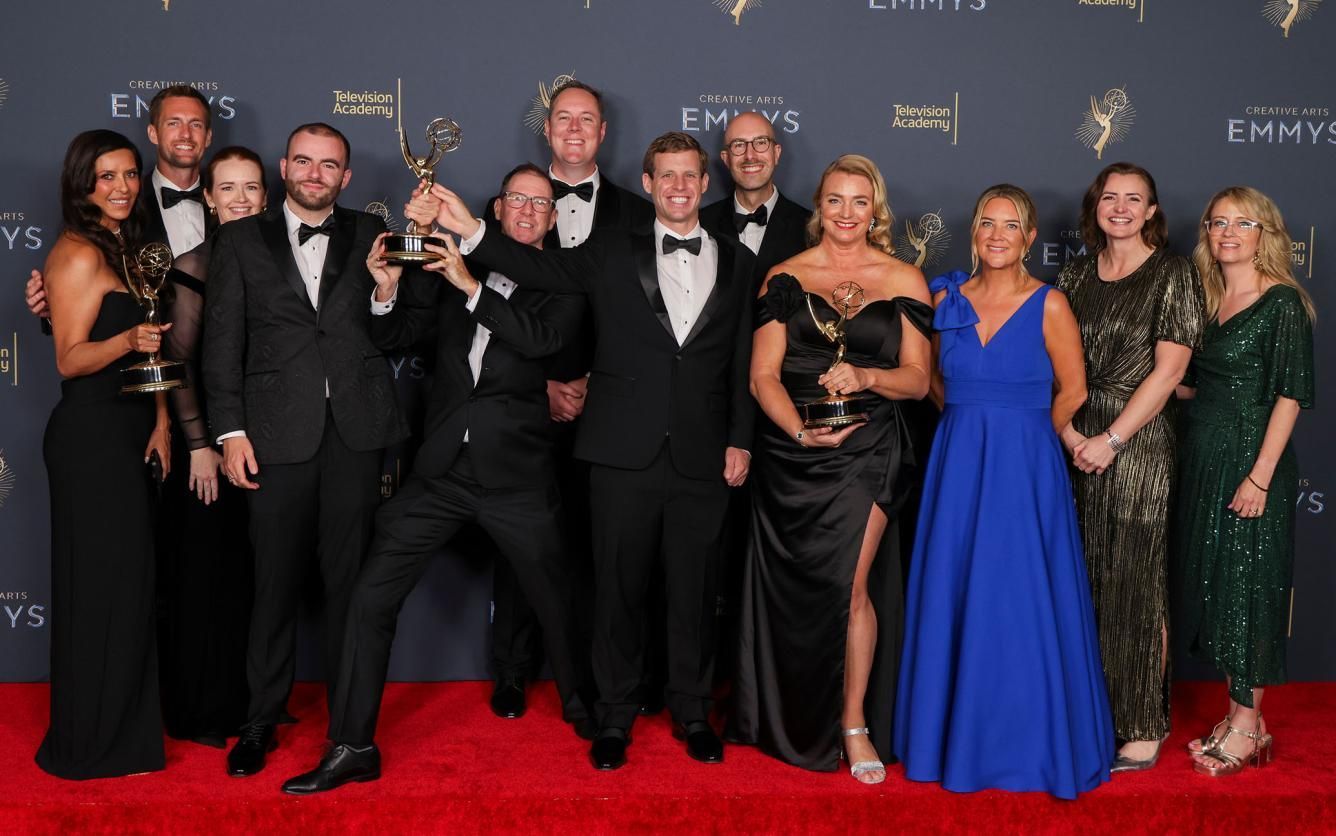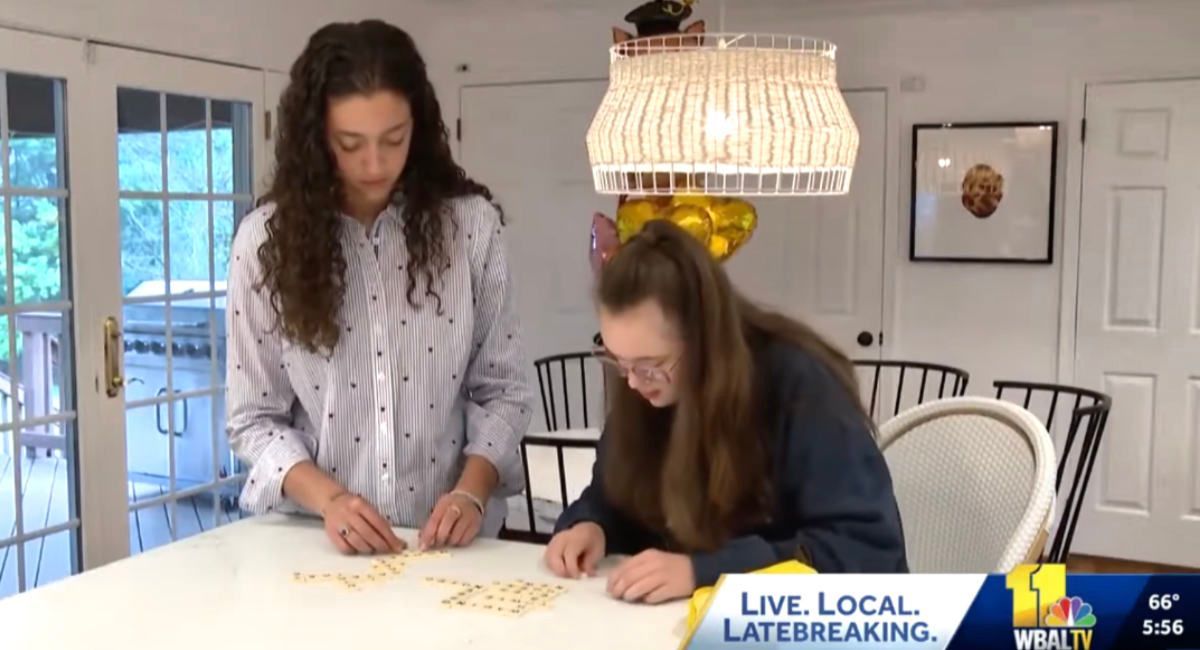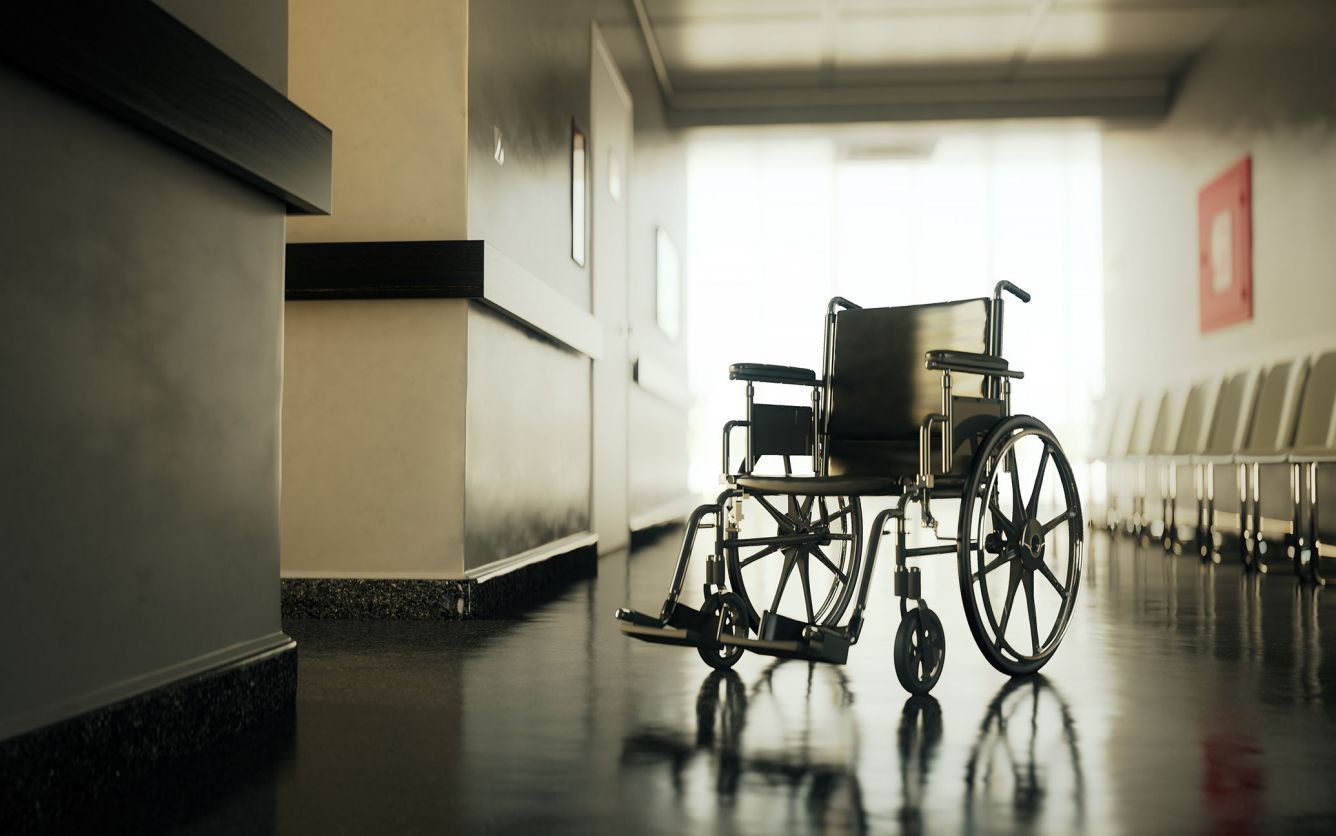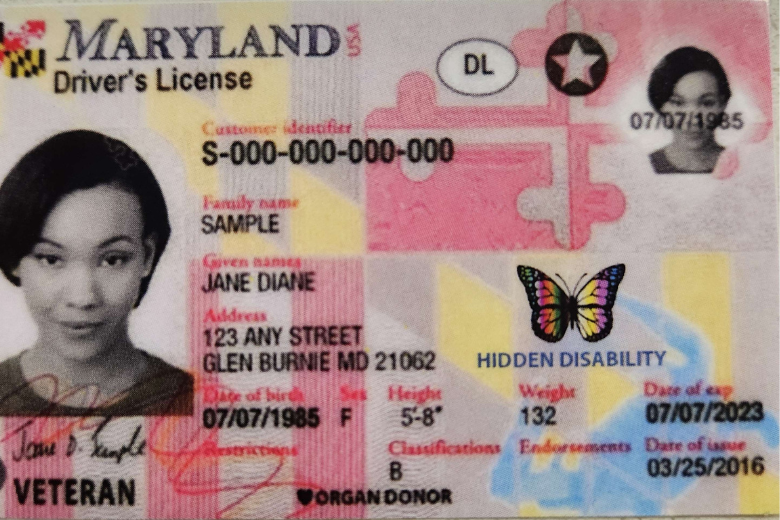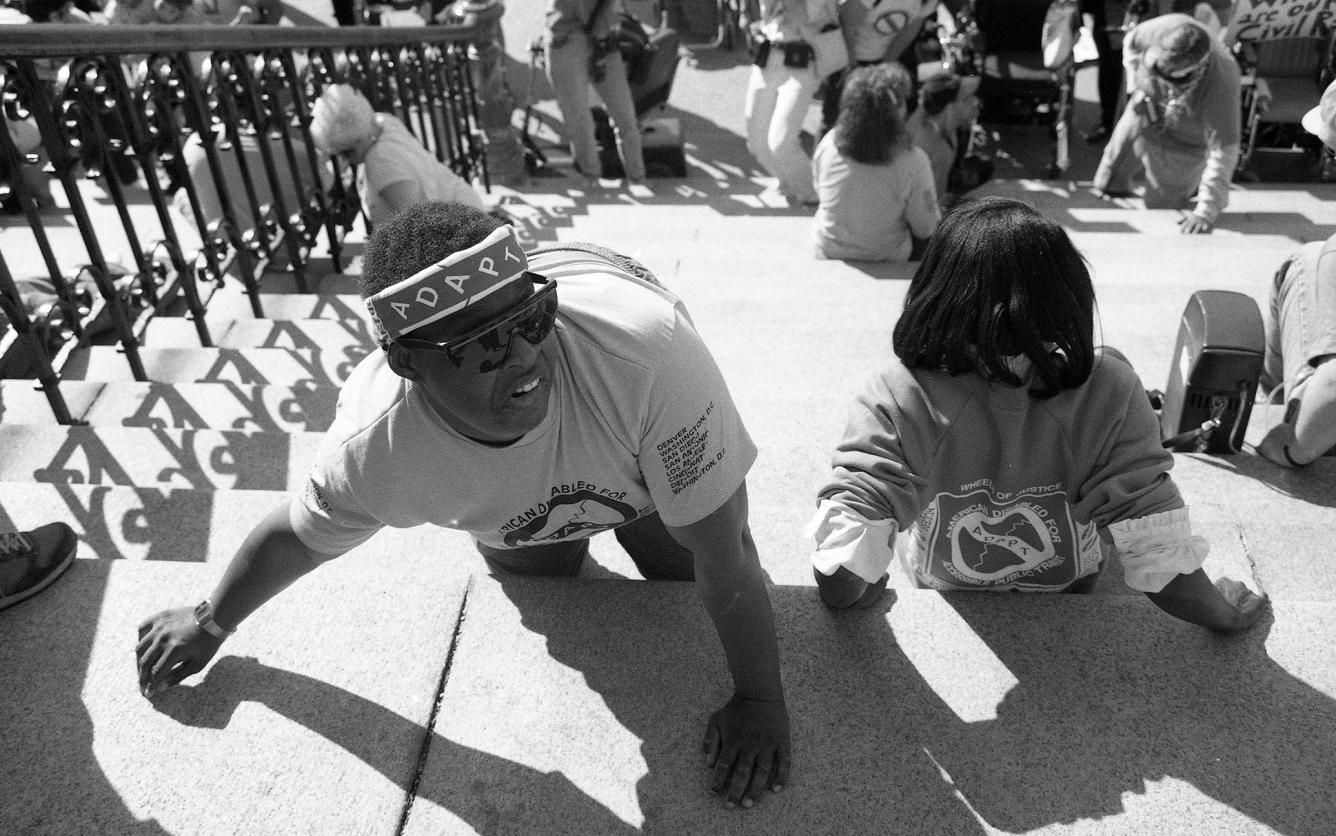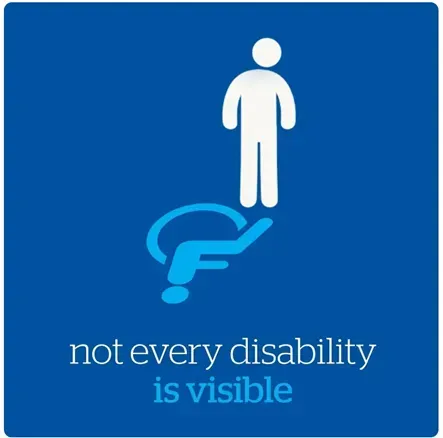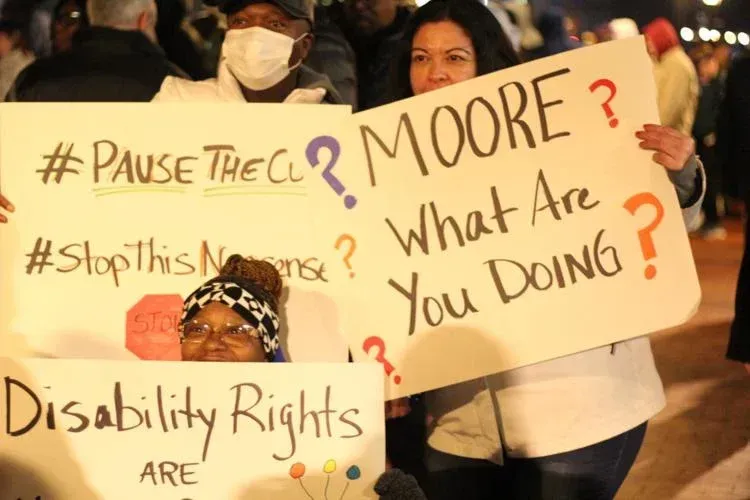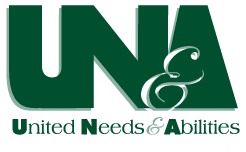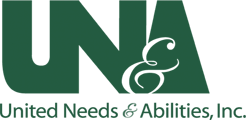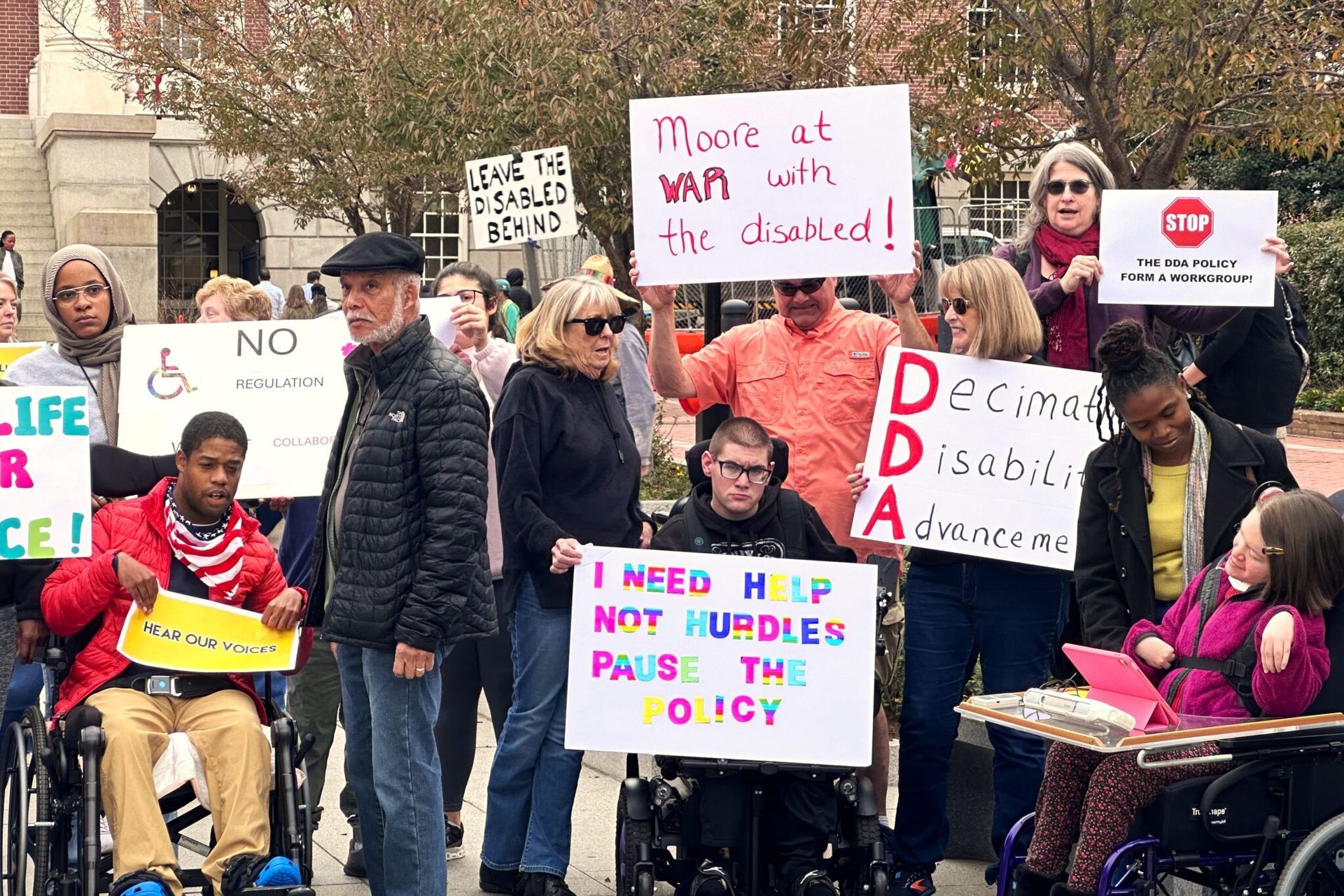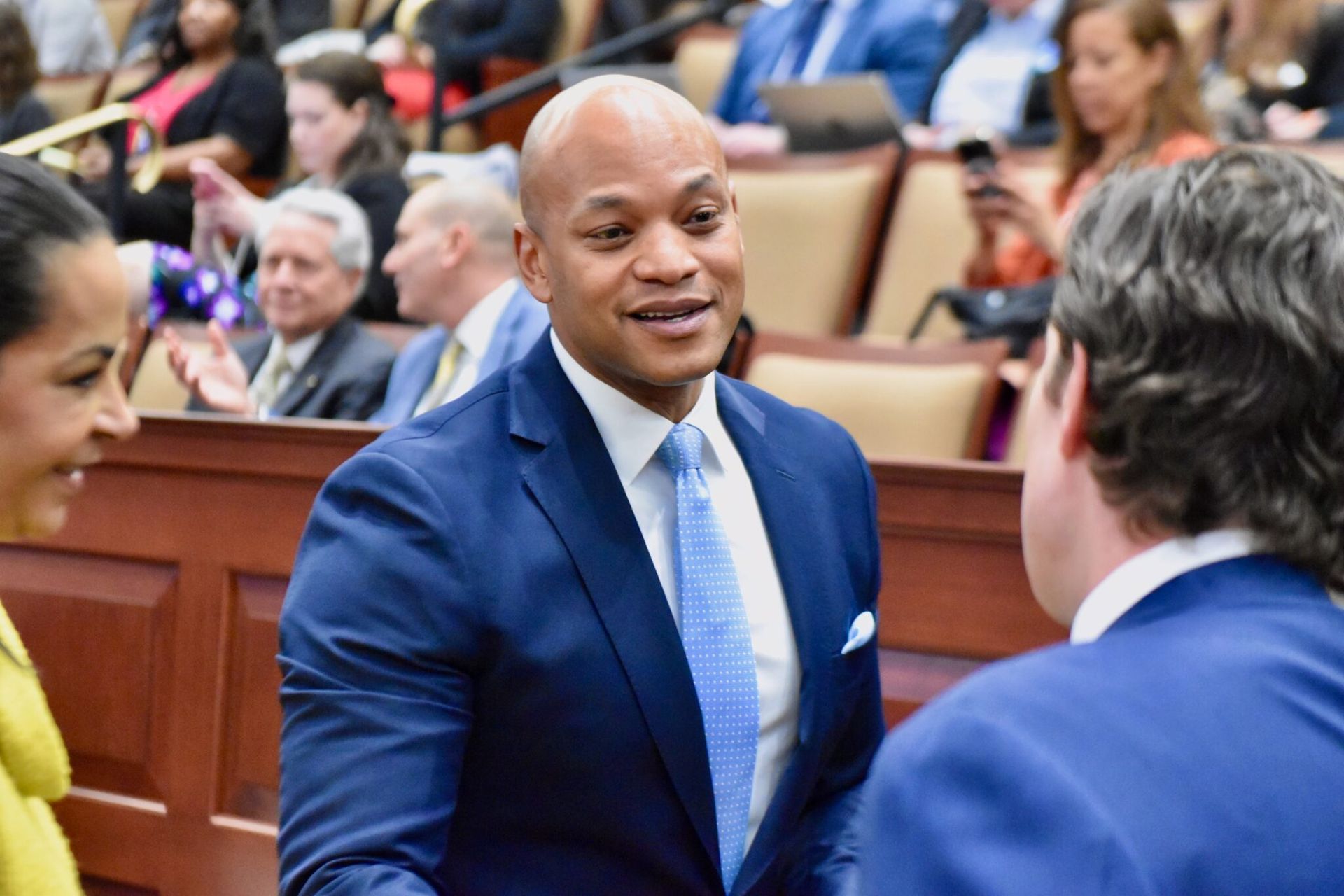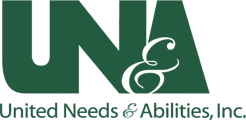How To Find Your Disability Community
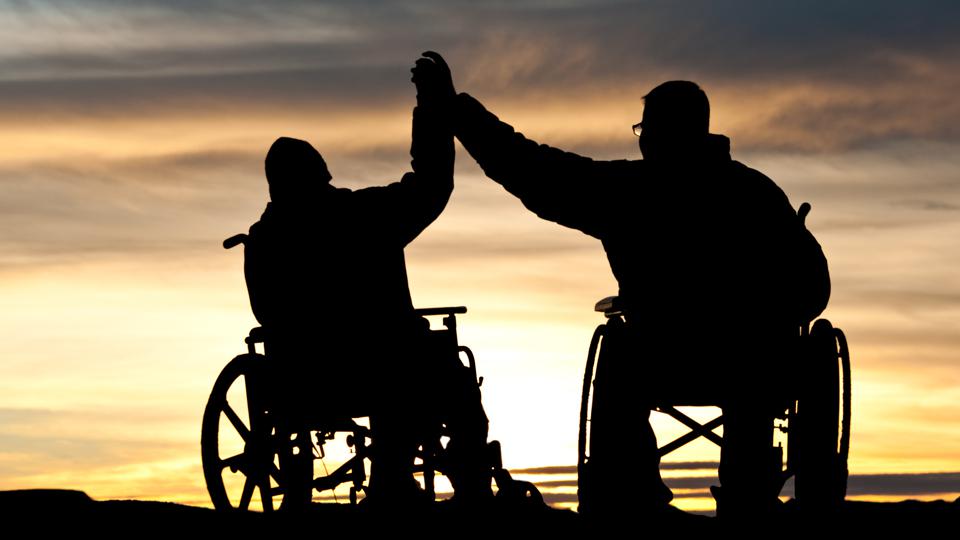
There seems to be a wide gap between how we talk about “The Disability Community,” and the number of disabled people who actually feel like a part of it.
Most disabled people want to connect with a vibrant, supportive community of their peers. Some can’t find the disability community at all and don’t know where to look. Others do find it, but feel excluded, or can’t find a welcoming way in.
This is an especially common problem for people new to disability – like disabled youth, adults with new disabilities from illness or accident, and older people with age-related impairments. But plenty of people with lifelong disabilities also struggle to find acceptance among their disabled peers. Some of the problem stems from divisions, hierarchies and exclusivity among disabled people – the same kind of divisiveness found in every other social group and subculture.
But despite the disability community’s many faults, there are ways for individual disabled people to break through and find fellowship, support, and cooperation.
Here are three tips for people with disabilities looking for a welcoming and empowering disability community:
1. Don’t look for “The” Disability Community. Look for “A” disability community that’s right for you.
There isn’t a single, all-encompassing Disability Community. But there are many interesting, quite different, but overlapping disability communities.
Each one has a different focus, style and personality. So before you dive in, think about what you are hoping to find:
- Opportunities for teamwork with other disabled people who share your policy concerns and disability advocacy goals.
- Cultural enrichment and forums for expression about the experiences disabled people share.
- Career and business opportunities that can work well for people with disabilities.
- Advice, mentoring and disabled role models to serve as empowering examples to emulate.
- Mutual aid and emotional support between people with disabilities, to get through difficult times and celebrate victories.
- Friendship and socializing with other disabled people, for fun and fellowship, in a safe environment with less ableism and a greater understanding of what it means to be disabled.
Once you have a better idea of what exactly you are looking for, you can start a more thorough and deliberate search for communities that are most likely to meet your needs.
2. Explore the many different versions of “Disability Community”
There are thousands of formal organizations and informal groups to choose from. Here are a few of the most basic types of disability community to consider:
Disability policy development and activism
Join with others in developing, defending, and changing laws, policies and programs that support and serve people with disabilities.
In the U. S., you can start by exploring and teaming up with advocacy organizations like the American Association of People with Disabilities, ADAPT, ARC, and the National Council on Independent Living.
It also helps to keep up with current disability rights and policy issues by reading about and joining advocacy campaigns on Facebook and Twitter, which offer more information and interaction than most disabled people can ever get in person.
Local disability advocacy
Get involved with other disabled people in your area to advocate for local disability issues, like street and sidewalk accessibility, building code enforcement, and state funding of disability services.
Most cities, counties, and regions have local chapters of disability organizations that work on local advocacy. A good place to start is your nearest Center for Independent Living, nonprofit service and advocacy organizations governed and staffed by people with disabilities. There are CILs in every state and territory of the U. S., and many in other countries too. You can join with their advocacy efforts, and learn from your CIL what other disability organizations in your area are doing.
Disability culture
Disability culture is the sum of all creative work by people with disabilities, particularly work that focuses on and reflects disability experience. It includes disability-based journalism, cultural commentary, blogging, podcasting, vlogging on YouTube, Instagram and TikTok, books, poetry, painting, music.
You can gain a lot of insight from enjoying disability culture. You can also develop a unique and valuable voice creating your own works of disability culture. And the more disabled people participate in disability culture the richer and more empowering it becomes.
Entrepreneurship
For a variety of reasons, more disabled people than ever seem to be looking into starting and running their own companies, or doing paid freelance work.
This is partly due to persistent ableism and other barriers in traditional workplaces. On the more positive side, disabled freelancing and entrepreneurship has been unleashed by the expansion of internet tools and culture.
The disabled entrepreneurship community also includes disabled people doing solo advocacy, and those working on innovative disability-related ideas that aren’t getting enough attention from more established organizations.
Self-help and advice
Some of us are simply looking for better ways to live our best lives. There is a thriving community, especially online, of disabled people giving and looking for everyday advice on how to live successfully with disabilities, how to confront or get around physical and ableist barriers, and how to hone the skills and abilities we have and do more for ourselves.
Again, this is an example of more than just ordinary “life hack” advice. It’s a focus on specific techniques and “inside” tips from actual disabled people that may not be as credible coming from other sources, including even disability service professionals. It’s help from people you can trust because they’ve been through it before.
Lifestyle, aspiration and uplift
Nobody seems to love an “inspirational” disability story more than non-disabled people. “Feel good” disability memes and slogans are so common, sentimental and condescending that for a lot of actual disabled people, the whole genre can be nauseating.
Still, plenty of disabled people really do draw strength and hope from sharing their stories and accomplishments. At various stages of our lives and disabilities, many of us need inspiration, (or at least aspiration), and motivation to face and win through the many negatives in our lives.
It’s a difficult balance between true encouragement, and an overbearing moralism or sentimentalizing that over time can actually become off-putting or discouraging. But while conscious, deliberate positivity can often be shallow, for many disabled people it’s essential.
Disability-specific communities
Some of the oldest, most cohesive disability communities are focused on specific diagnoses or types of disability.
These include organizations and cultures of the blind and visually impaired, Deaf and hard of hearing, wheelchair users, intellectual and developmental disabilities, learning disabilities, autism, and disabled veterans – plus more specific conditions like Down Syndrome, Muscular Dystrophy, Multiple Sclerosis, and spinal cord injury.
A few decades ago, these disability-specific communities were the only way disabled people organized and interacted. Now they increasingly share focus and goals with more broadly-defined disability communities and organizations that cut across different disability categories. But they still play an important role for people who more readily identify with their own specific conditions.
Disabled friends and family
Of course you don’t always have to “join” anything to find support and community from other disabled people. One or two disabled friends or relatives can mean a whole lot.
If you really look you can find opportunities to meet other disabled people almost any day, anywhere. Any of them could be potential friends who can support you, and who you can support.
3. Adjust your expectations
Don’t expect to be fully embraced and validated right away. And don’t try to lead or radically change existing communities overnight. Take your time, and give the people you meet time to get to know you.
Shared disability experience is powerful. But keep in mind that simply having a disability isn’t always enough to win acceptance and a positive experience in every disability community. If your interests and personality are different from the group you are approaching, it may not work.
And if it doesn’t, it may be nobody’s fault.
If you want to talk about disability writing and poetry, don’t go into an advocacy group and tell them that advocacy is pointless and they should embrace art and expression instead.
If you want to tell everyone your long and emotionally powerful story of how you became disabled, don’t be surprised if you get a cool reception from a group of disabled people sharing practical advice or talking about disability politics.
And if you have a business idea to promote, be careful how you present it, especially in groups focused less on individual achievement and more on mutual support or collective advocacy goals.
To paraphrase John F. Kennedy, ask not what the disability community can do for you, ask what you can do for your disability community.
Finally, face-to-face encounters are healthy, and should soon become safe and feasible again. But for disabled people who have workable access to it, social media is by far the most efficient way to survey the full range of disability communities, and to connect with what interests you.
So by all means, explore, in person and online. Disability community is out there. You just have to look for it, manage your expectations, and be clear with yourself about what you are looking for.
